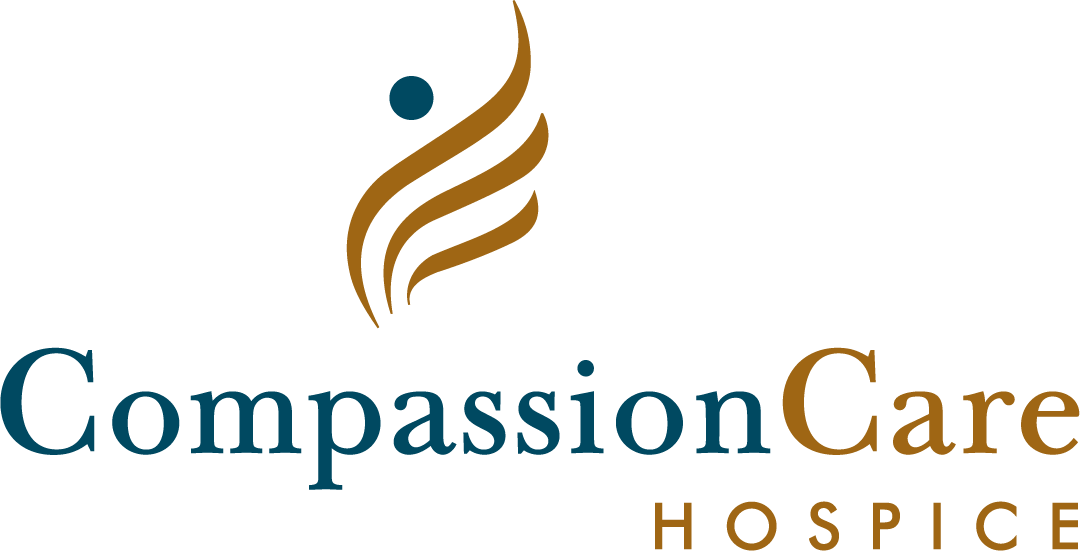Patient services are provided without regard to race, color, religion, age, sex (an individual’s sex, gender identity, sex stereotyping, pregnancy, childbirth and related conditions) , sexual orientation, disability (mental or physical), communicable disease, or national origin.
Read our Notice of Nondiscrimination here.
© 2025 CompassionCare Hospice
All Rights Reserved
All Rights Reserved



